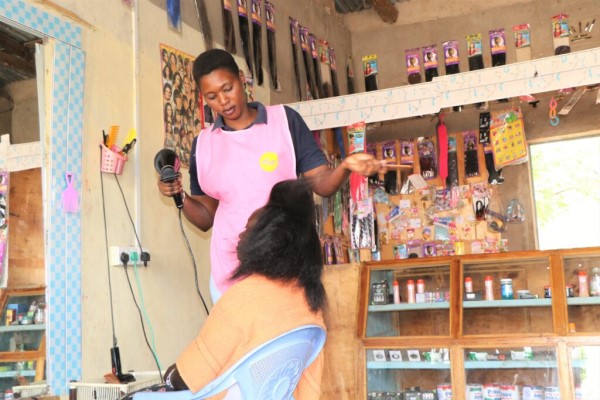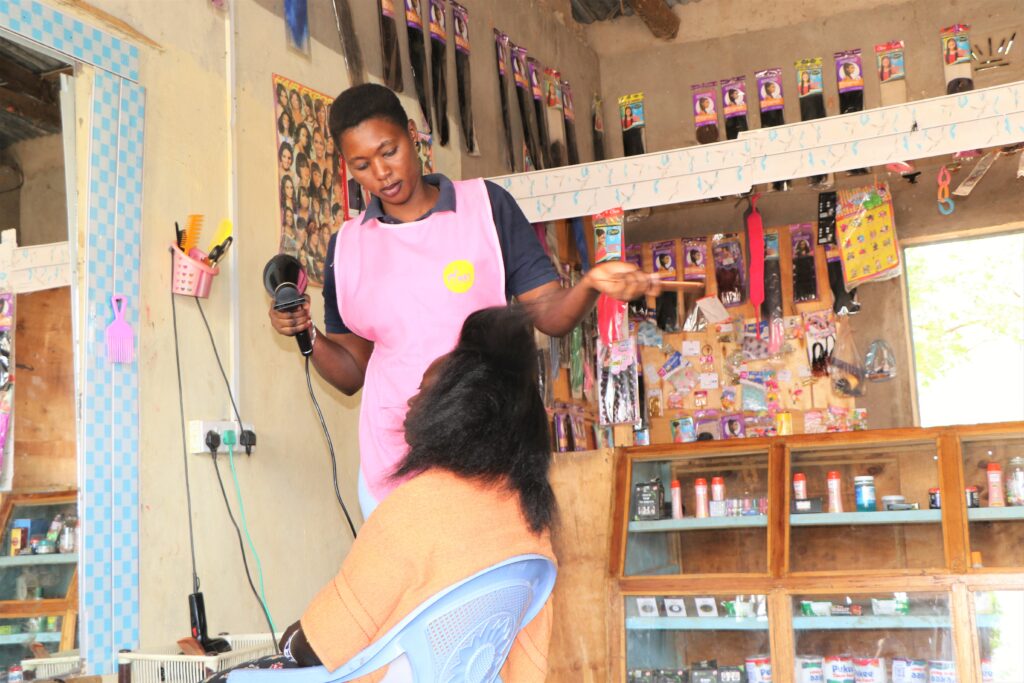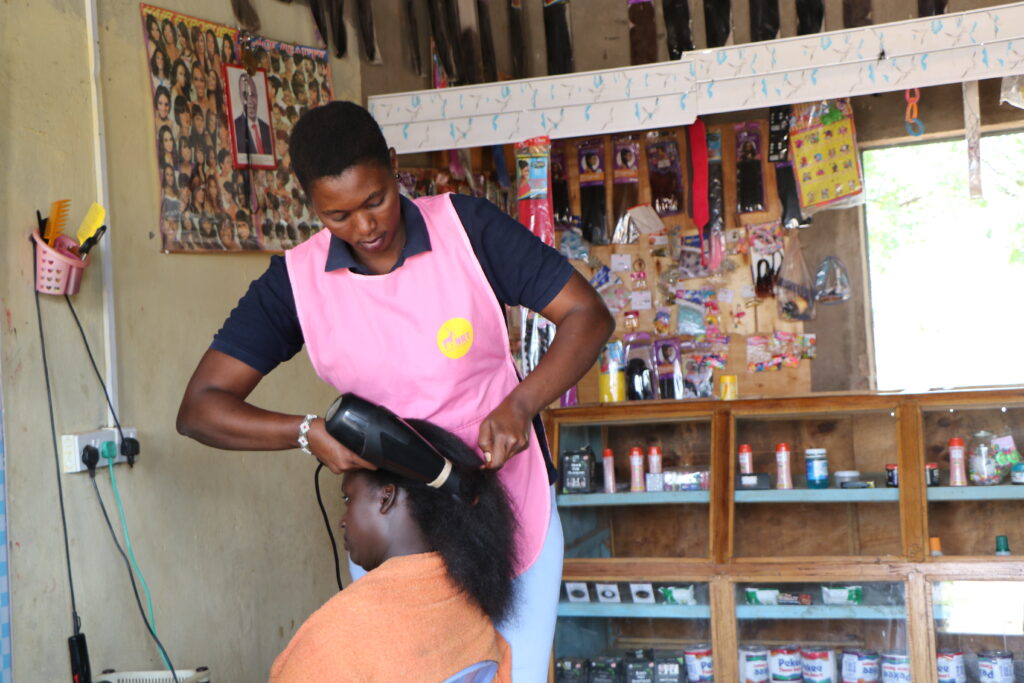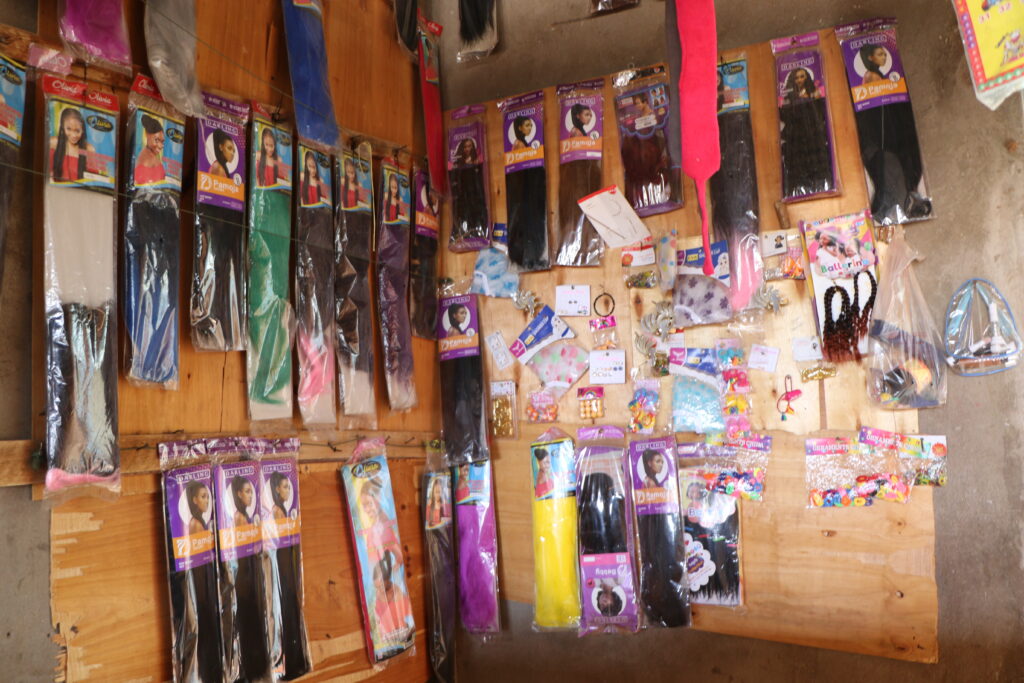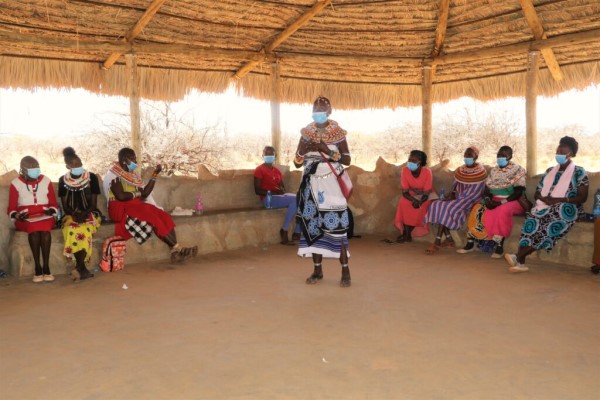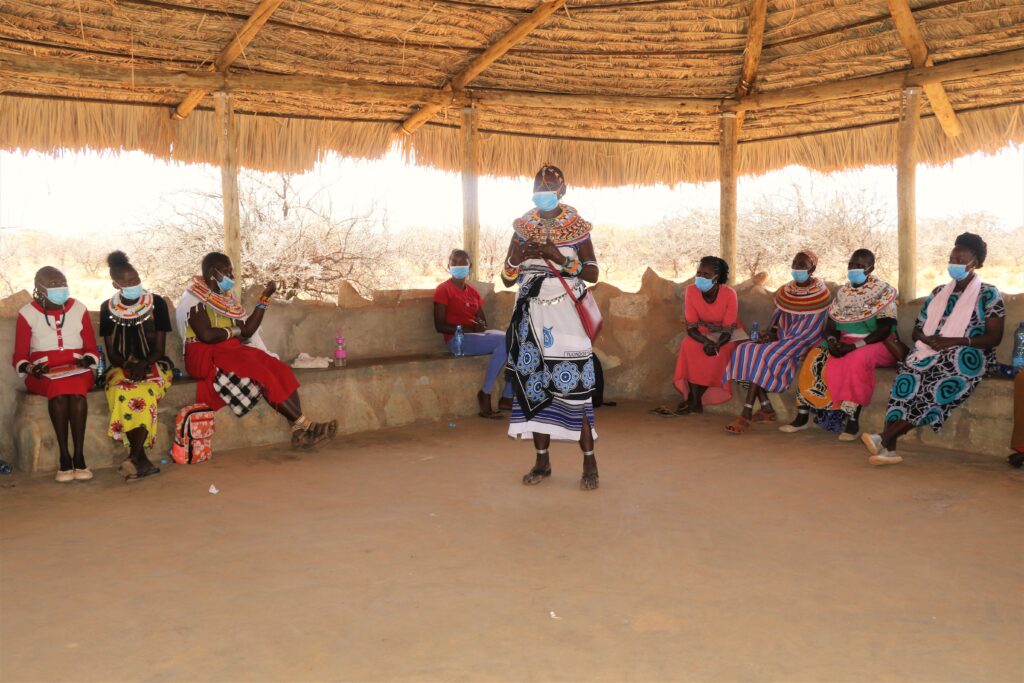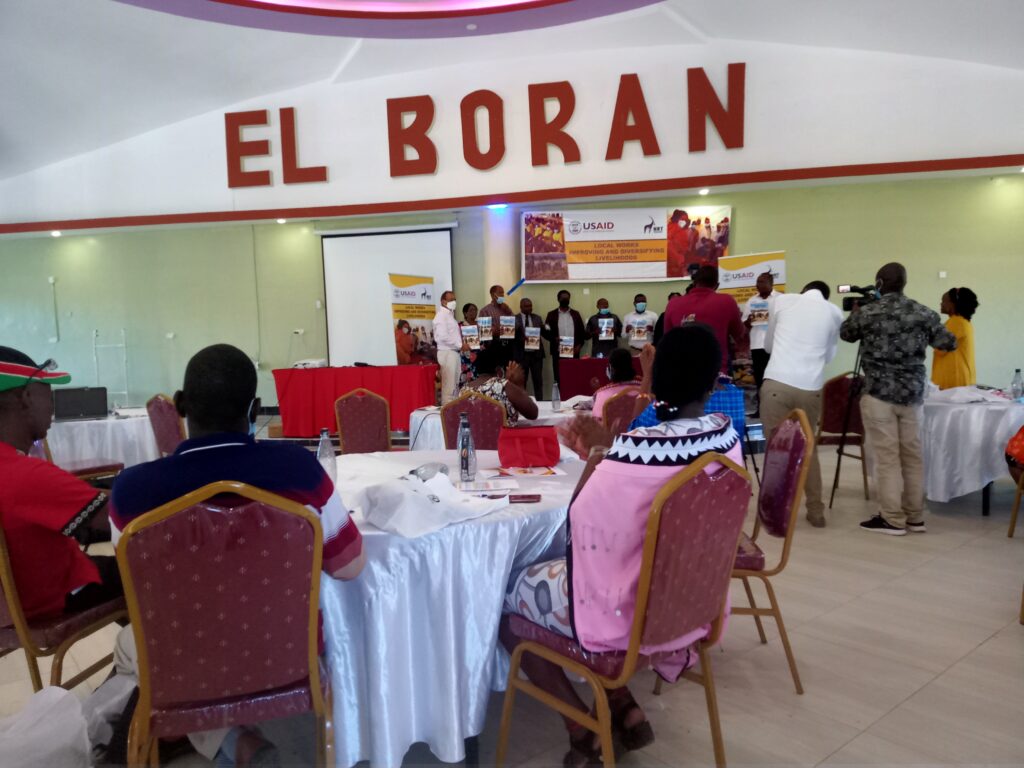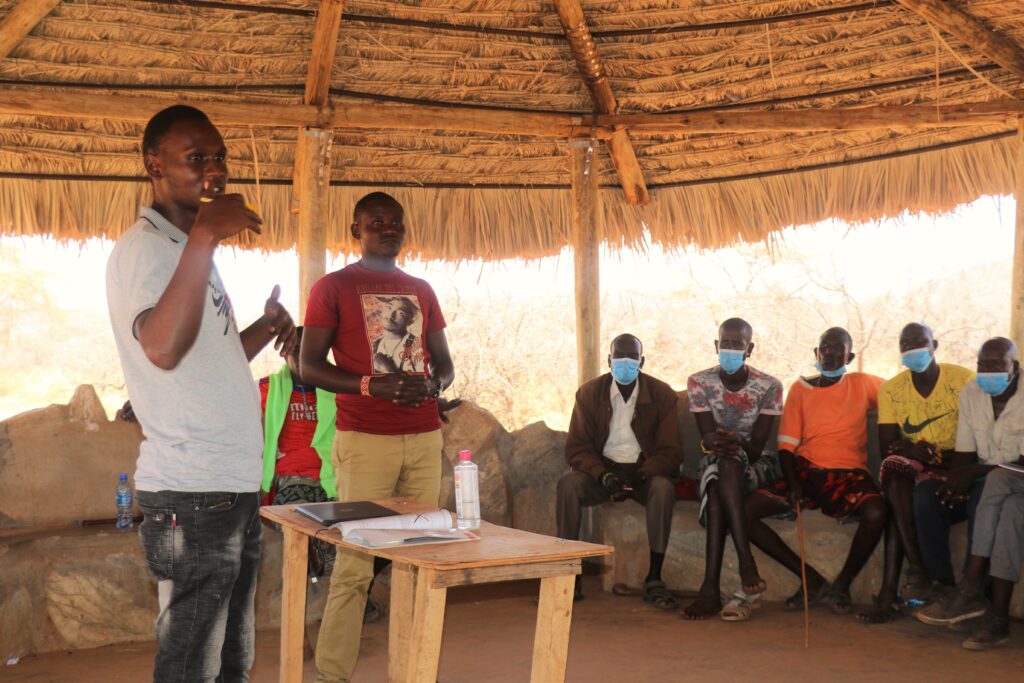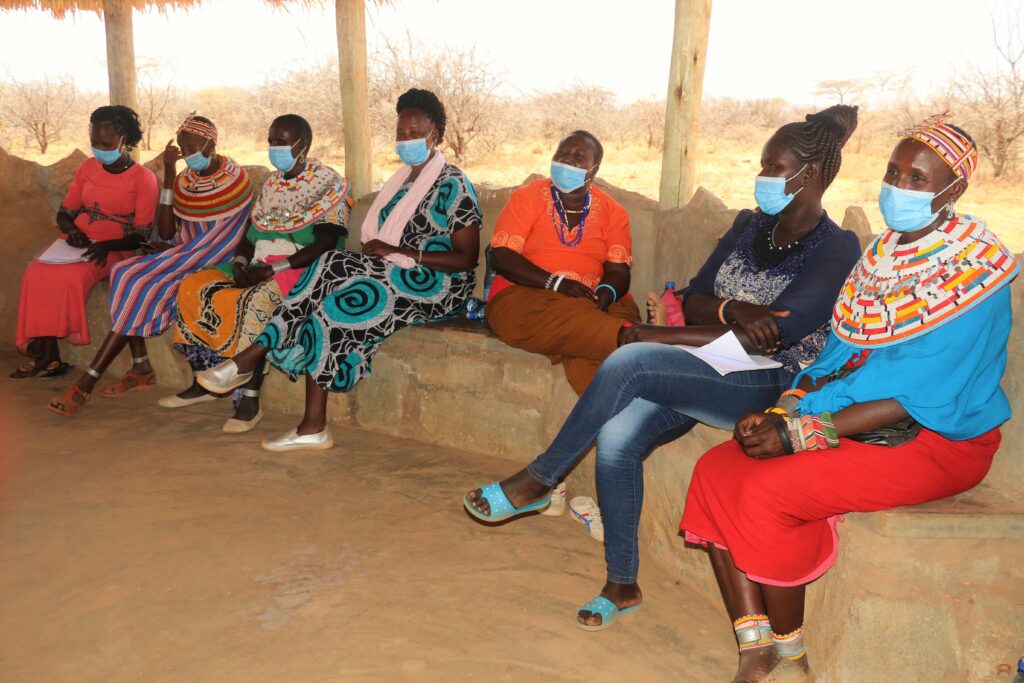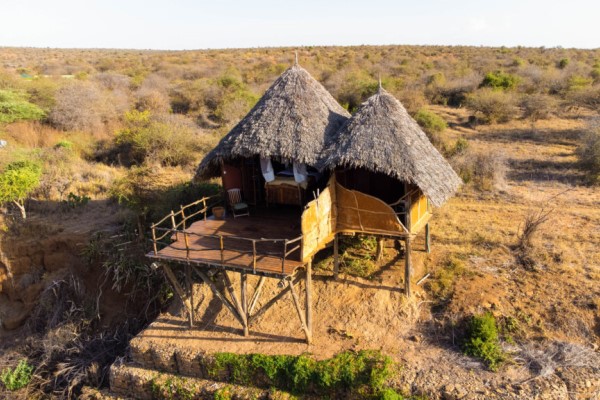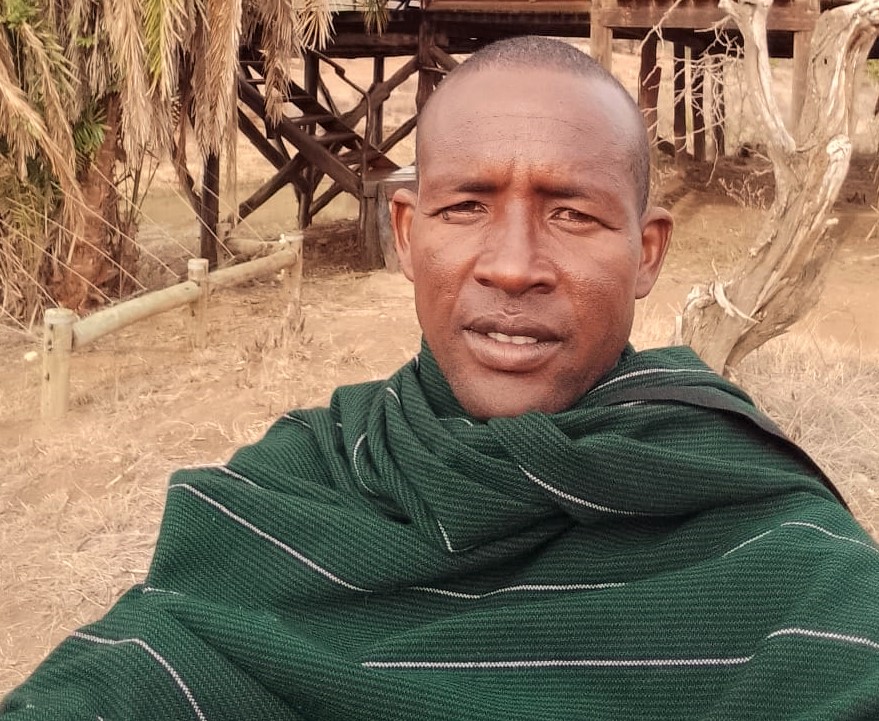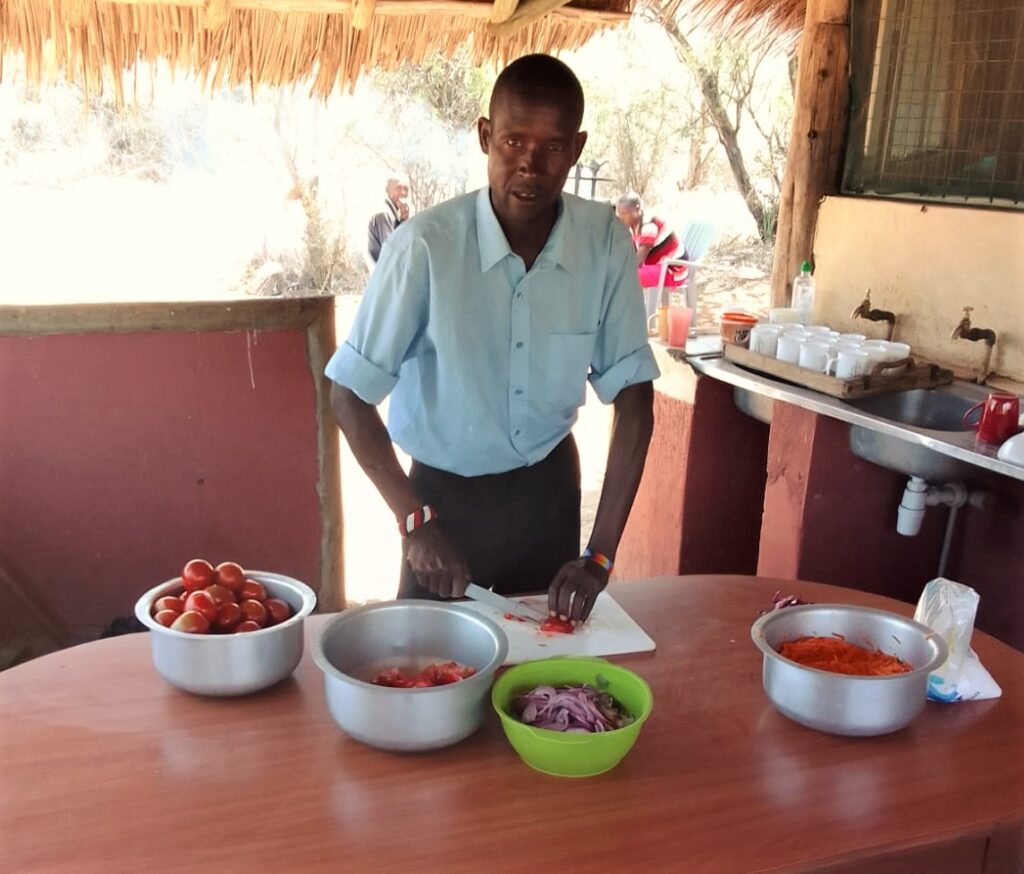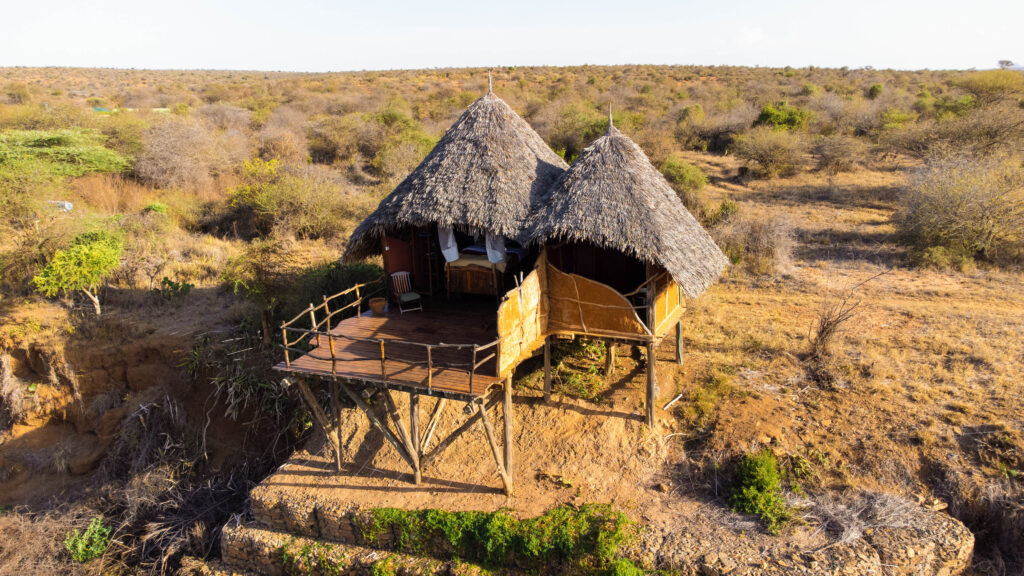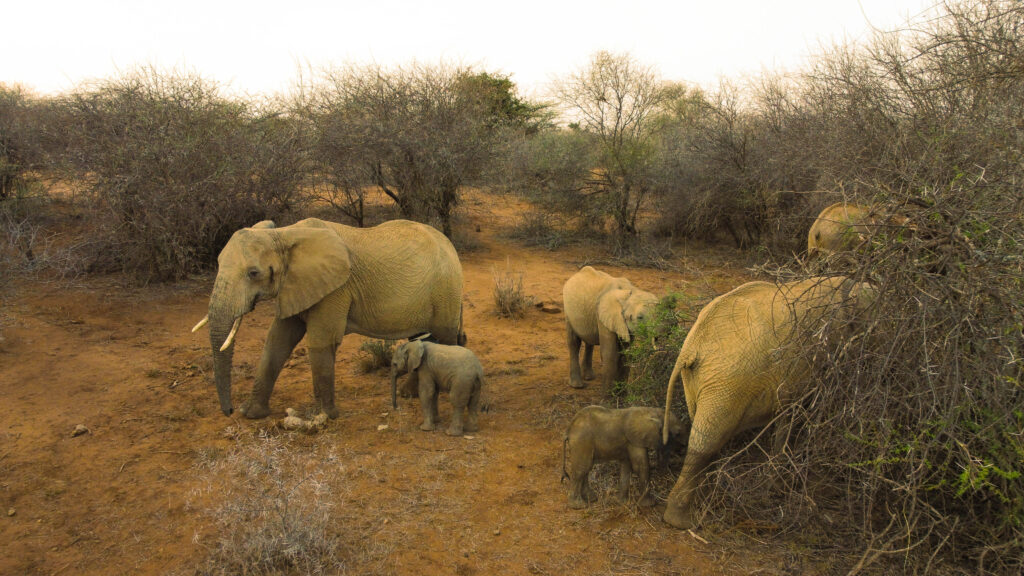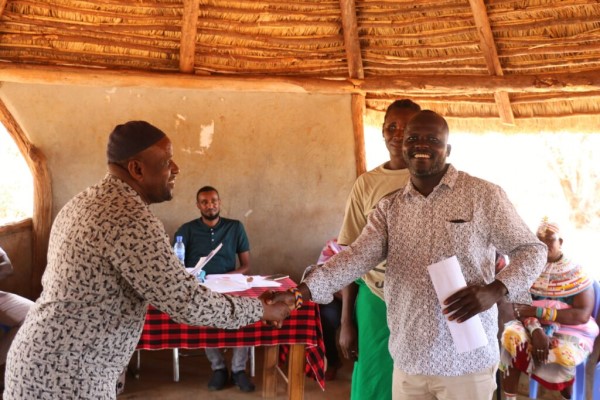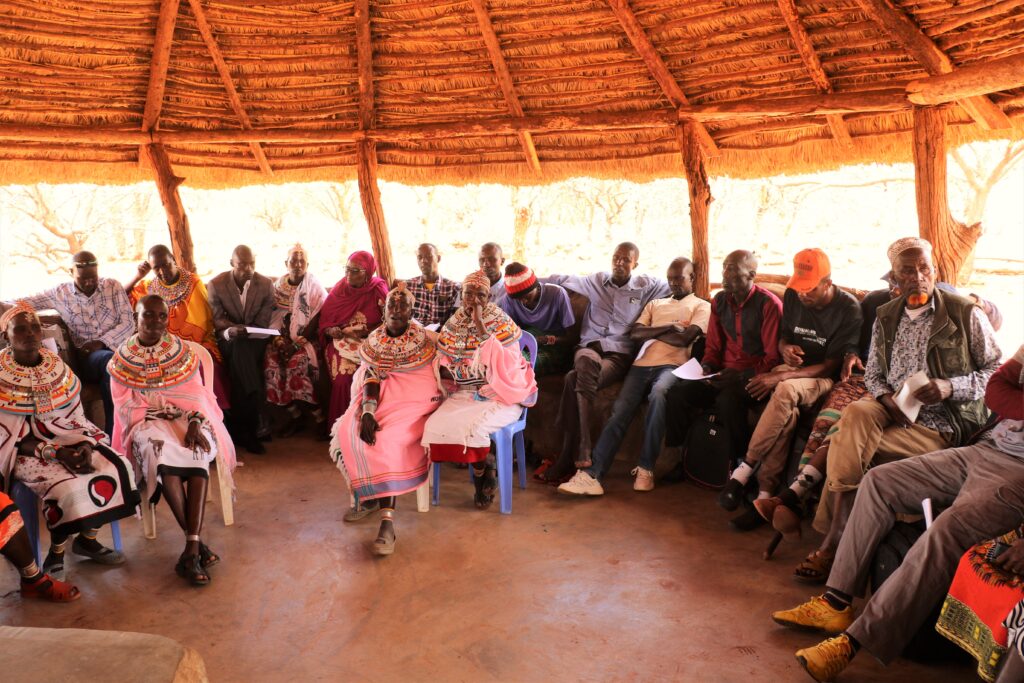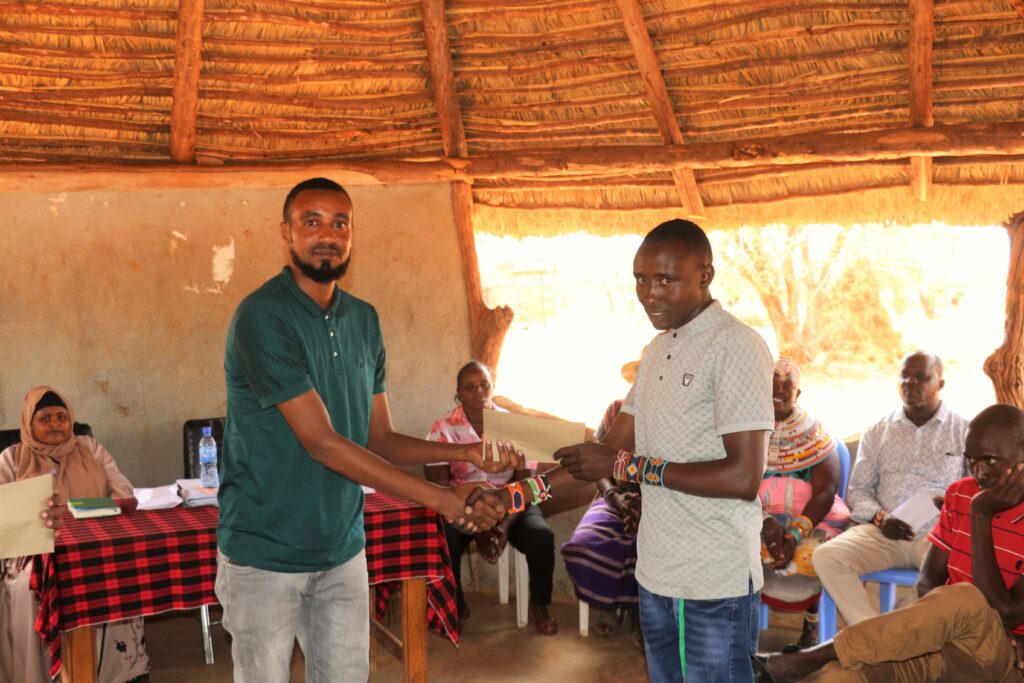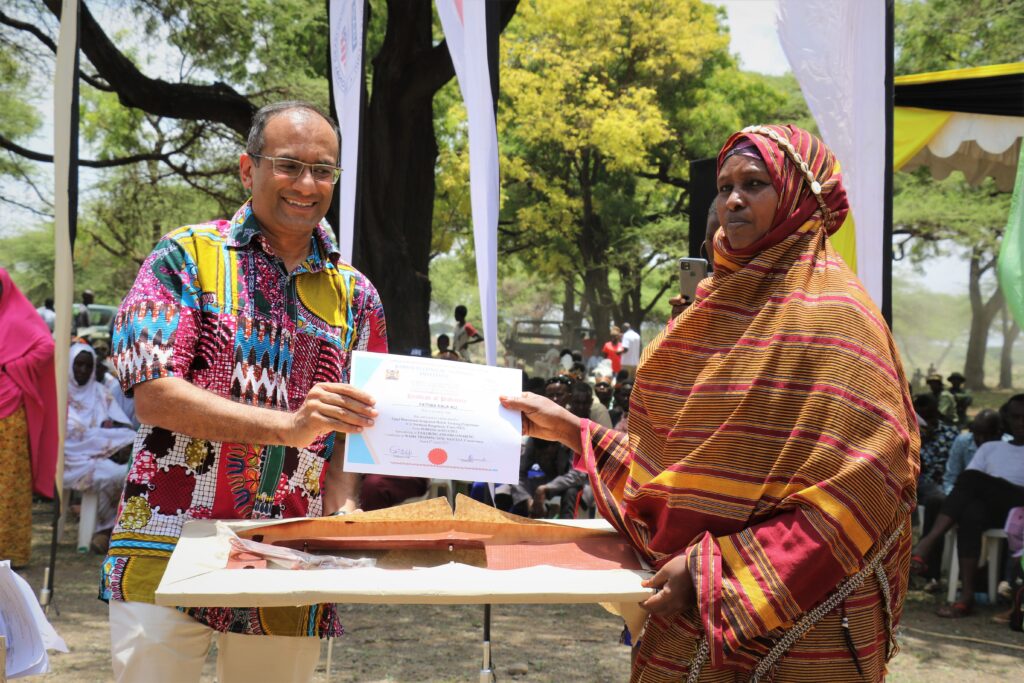
Three hundred and thirty-seven women and youth from Nakuprat-Gotu, Ltungai, Nasuulu, Jaldesa, Shur, and Songa community conservancies in Samburu, Isiolo, and Marsabit Counties have graduated from different courses in the Ujuzi Manyattani vocational training. Ujuzi Manyattani is a vocational training initiated by the Northern Rangelands Trust Trading (NRT Trading) to improve the lives of diverse people in the northern Kenya region.
The Ujuzi Manyattani programme sponsors twelve courses that provide access to learning for people from disadvantaged socioeconomic backgrounds that have been unable to access formal education in Northern Kenya. In a collaboration between government and donors, the program has seen more youths and women from Isiolo, Samburu, and Marsabit Counties join the program, and graduate in various courses ranging from; Mobile repair maintenance, Motor circle maintenance, Catering, pastry and Accommodation, Tailoring and Dressmaking, Masonry, Hairdressing and Beauty Therapy, Electrical and Solar installation.
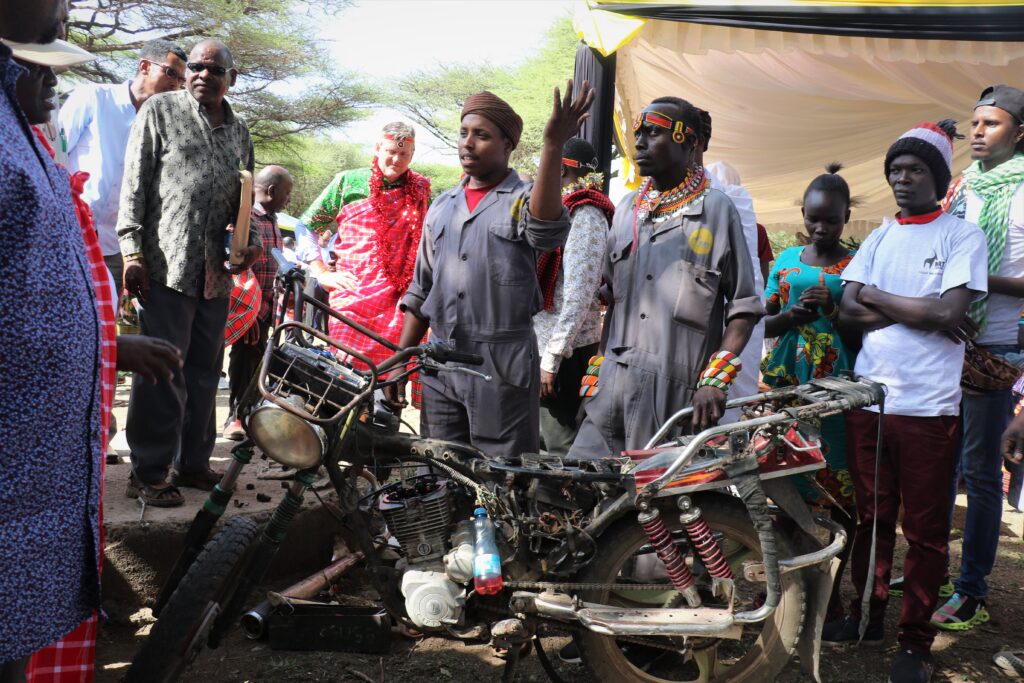
The ceremony held in Ngare Mara Ward Isiolo County, saw many partners, Donors, and Government officials attend to celebrate the mileage of 337 young women and youth in northern Kenya who gained formal skills to better their lives.

Ambassador, The Royal Danish Embassy in Nairobi, H.E Ole Thonke who graced the occasion, encouraged the graduands noting that;
“Life at times does not take you in the direction you want, especially to those who dropped off from university or other classes, but as Morans or young girls who were married off, you can prove different through Ujuzi Manyattani vocational training. The skills will better you in your communities. It was fantastic listening to you graduands share stories of how far you have come to achieve these great skills that will change your lives.”
H.E Thonke, who was greatly impressed by the graduands achievements added that the Danish Embassy plans to increase funding to NRT programs, and its conservancies to ensure all this great work is progressing well.
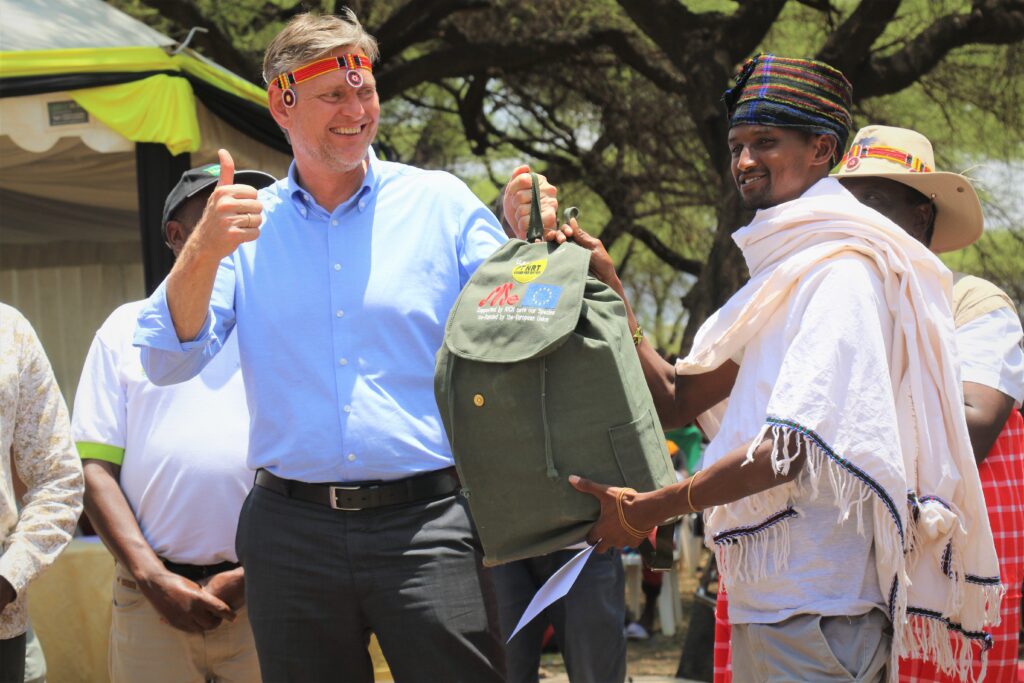
“To boost this noble program, Toyota Kenya will sponsor ten best students trained in motorcycle repair and maintenance to further their skills.” Said Silvia Adani, Toyota Kenya Nanyuki Branch Manager.
Deputy Governor Isiolo County Dr. Abdi Issa thanked NRT Trading for truly bringing devolution to the Northern Kenya communities in terms of conservation, peace, improved livelihoods, and technical skills.
“Today am happy to witness one hundred and sixty women graduate from last year’s only six which is so encouraging and I urge our women to take charge in education and development agendas and many more should enroll in the subsequent training,” Noted Issa.
Director, Kenya & East Africa Environment Office at USAID, Aurelia Micko urged the graduands to use the skills gained to transform their lives and their communities.
“Ujuzi Manyattani is one of those positive ways that change happens in northern Kenya; and today we are witnessing that. We are here for you, we are here for the 337 graduates, and you are the change agents. You are no longer the leaders of tomorrow; you are the leaders of today, and I want to celebrate that with you.” said Auleria.

Ujuzi Manyattani program is a timely opportunity for the graduands in Northern Kenya due to the growing infrastructure investments in northern Kenya, these skills will prepare communities for opportunities in line with vision 2030 projects.
The training and graduation were made possible through the support of NRT Trading technical partners- TVET, NITA, Kiirua Technical Training Institute, Laikipia North Technical and Vocational College with funding from USAID Kenya through the USAID Local Works program, Denmark in Kenya, the IUCN, Save our Species co-funded by the European Union and Nature Conservancy in Africa.


